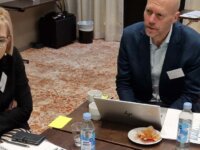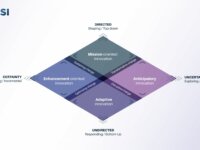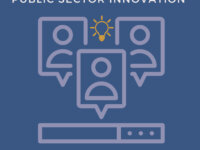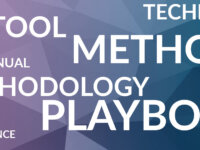Blog
From Recommendations to Real Change: How the Innovation Booster Helps Public Servants Transform…
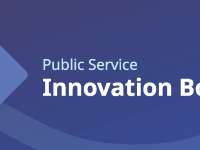
A challenge every government faces Every citizen has a story about a time when public services felt distant, bureaucratic, or designed for the system rather than for them. We’ve all been there — facing a form we can’t understand, an office we can’t access, or a process that seems to serve itself rather than its purpose. Governments across the OECD know this too. That is why, one year ago, OECD countries came together to adopt…


